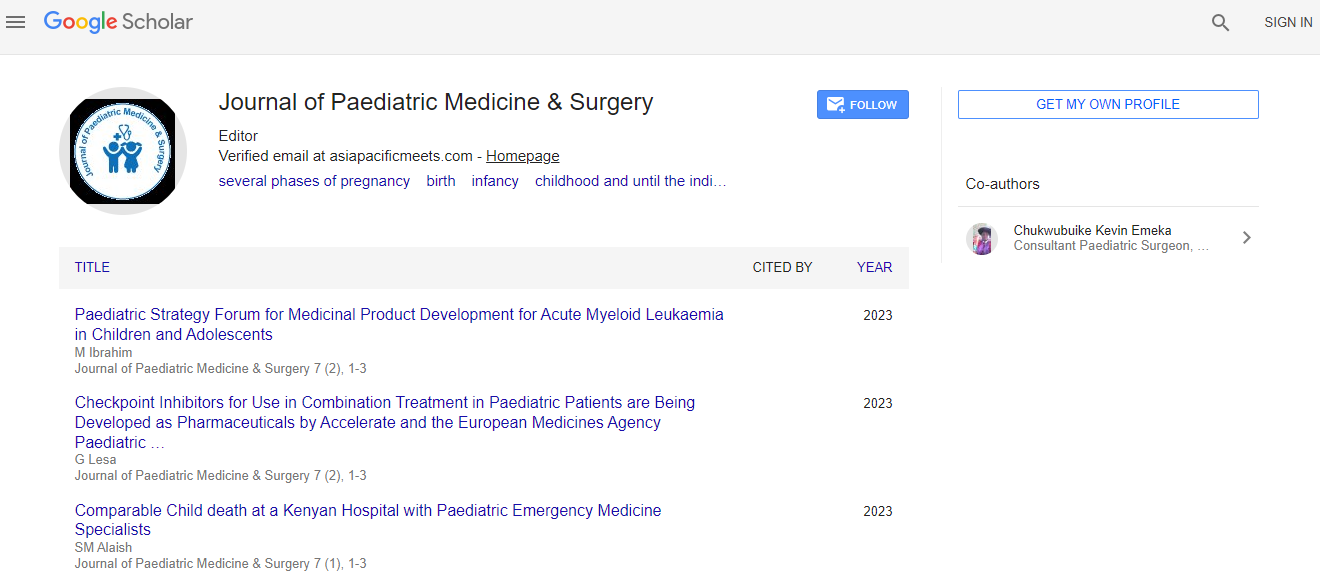Our Group organises 3000+ Global Conferenceseries Events every year across USA, Europe & Asia with support from 1000 more scientific Societies and Publishes 700+ Open Access Journals which contains over 50000 eminent personalities, reputed scientists as editorial board members.
Open Access Journals gaining more Readers and Citations
700 Journals and 15,000,000 Readers Each Journal is getting 25,000+ Readers
Recommended Conferences
11th International Conference on Complementary & Alternative Medicine
Zurich, SwitzerlandGoogle Scholar citation report
Indexed In
- Google Scholar
- ICMJE
Useful Links
Share This Page
Dr. Varun Pathak

Sir Stephen Bloom’s Drug Discovery group,
Division of Diabetes,
Department of Medicine,
Imperial College London
Biography
Researcher at Prof. Sir Stephen Bloom’s Drug Discovery group, Division of Diabetes, Department of Medicine, Imperial College London, Aug 2015 till date
Research Interest
Research Interests Antidiabetic actions of structurally modified peptides Identification, screening and study of structurally modified biologically active brain-gut peptides on the regulation of feeding, pancreatic beta cell function and anti-hyperglycaemic activity. The focus of this research is to evaluate the impact of structural modification of biologically active brain-gut peptides on satiety, insulin-releasing activity and antihyperglycaemic potential. This work has culminated in the synthesis of a number of novel biologically potent enzyme-resistant peptide analogues for potential obesity-diabetes therapy. Discovery of novel antidiabetic and anti-obesity drugs Characterization of novel antidiabetic agents, isolation of new compounds from natural sources, elucidation of their sites and modes of action and potential therapeutic role in correcting insulin secretion and action in diabetes. My current research is directed towards discovery, isolation and characterization of novel peptides that affect glycaemia, energy balance and satiety. Mechanisms of pancreatic beta-cell dysfunction Identifying the actions of glucolipotoxicity, on insulin action, beta cell down regulation, insulin secretory dysfunction, insulin resistance, for better understanding the aetiologies and pathogenesis of type 2 diabetes. The major thrust in this area concerns the role of glucose, lipid, drug toxicity and glycation of pancreatic beta-cell proteins in the development of insulin secretory dysfunction, insulin resistance and type 2 diabetes. One highlight is the discovery that pancreatic beta-cells secrete glycated insulin, which through impaired biological activity contributes to insulin resistance. Clinical studies are underway using a novel and specific assay for glycated insulin developed in our laboratory.

 Spanish
Spanish  Chinese
Chinese  Russian
Russian  German
German  French
French  Japanese
Japanese  Portuguese
Portuguese  Hindi
Hindi 